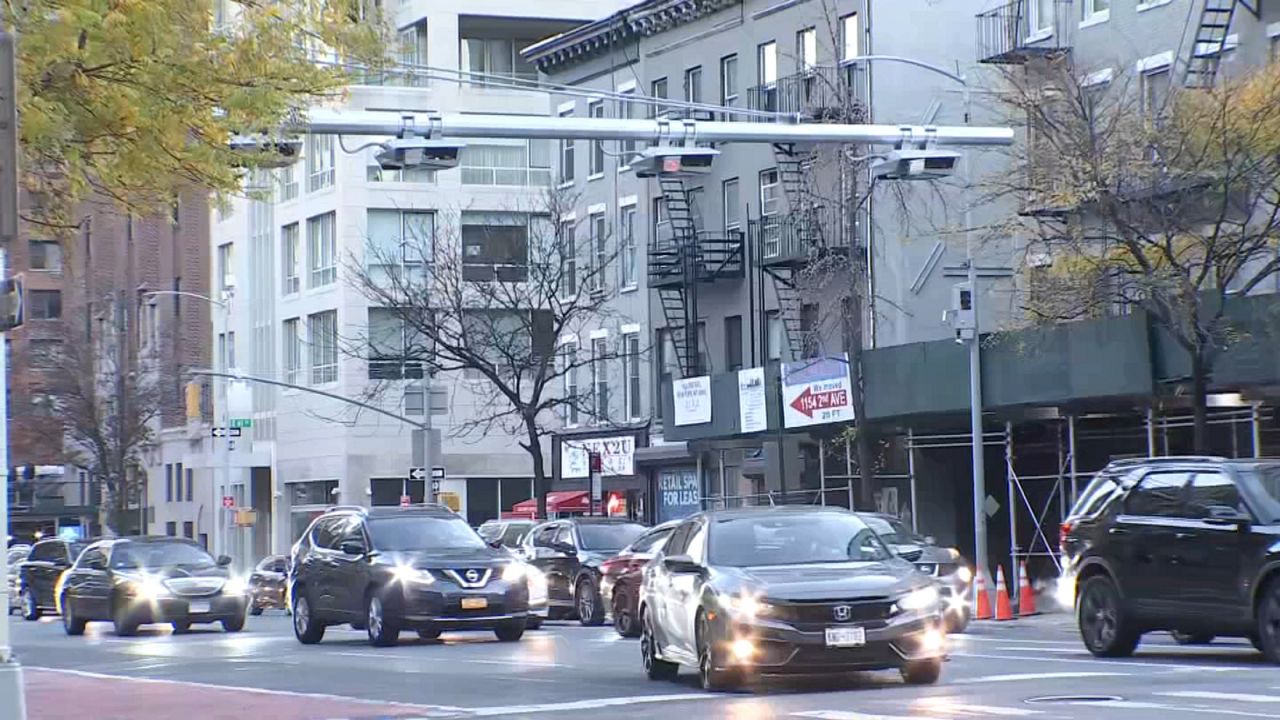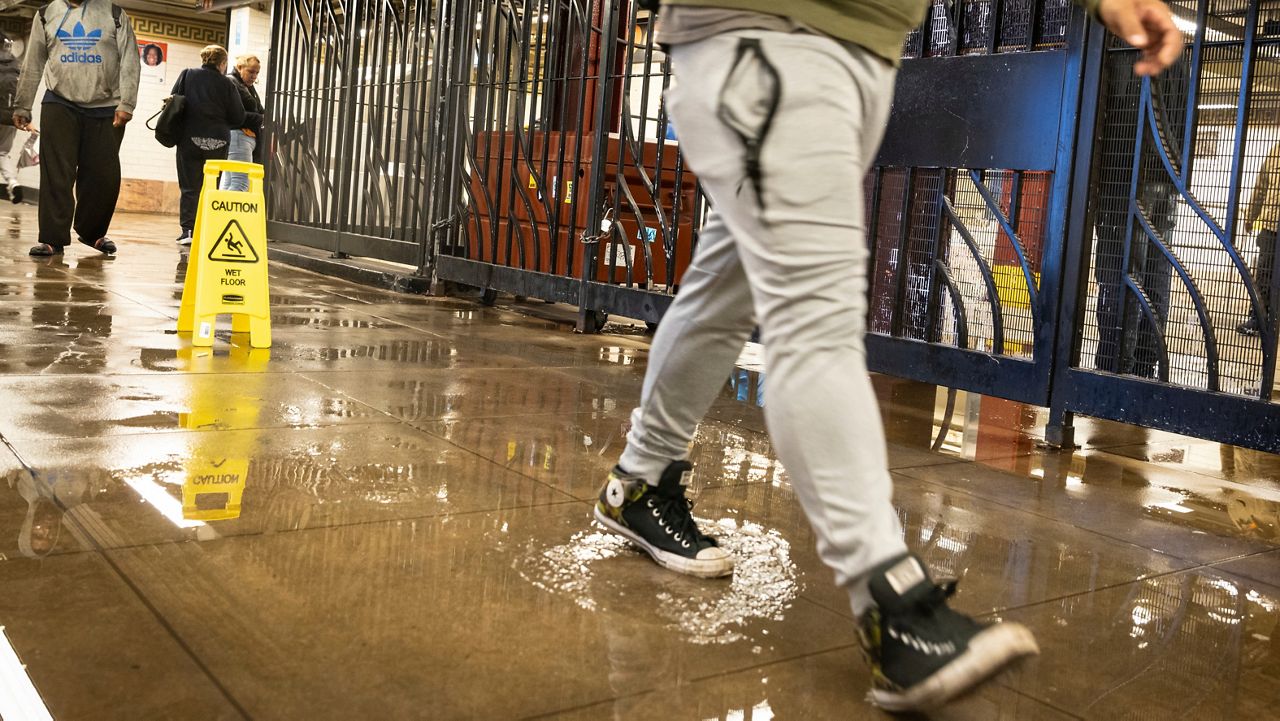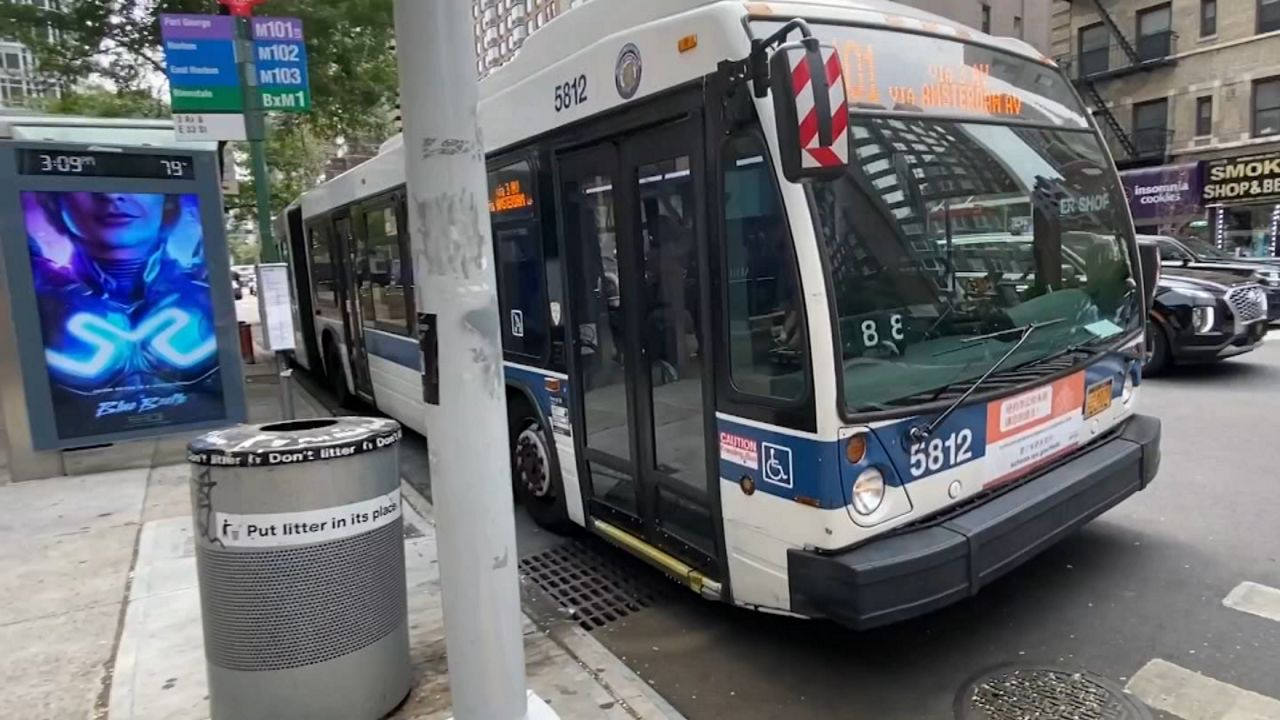New York City's Dangerous Vehicle Abatement Program, aimed at curbing dangerous driving habits, has ended, leaving the city searching for new ways to address reckless driving.
The enforcement tool, enacted in 2020, allowed authorities to target drivers with a history of reckless behavior. However, it lapsed without a replacement strategy from the Adams administration or City Council last week.
Gersh Kuntzman, editor-in-chief of Streetsblog, shared his insights during an appearance on "Mornings On 1" Thursday, pointing out that a fundamental flaw in the program was the inability to issue tickets directly to drivers.
"When you can't give a ticket to the driver, all you can do is give a ticket to the car owner, saying that the owner is responsible for all the tickets, whether he or she was driving or not – those are the drivers or car owners that would end up in this 90-minute safety course," Kuntzman said.
The program ended with only 1,600 out of thousands of eligible drivers receiving notices for a mandatory 90-minute safety course, and just over 800 completing it. Additionally, only 12 vehicles owned by repeat offenders were seized by the city.
Kuntzman emphasized the need for more severe consequences to deter reckless driving, highlighting a critical flaw in the system.
“The city’s DOT is shackled by the fact that the state does not count speed camera tickets or red-light camera tickets on your driver’s license," he said.
Kuntzman said he spoke with Deputy Mayor Meera Joshi earlier this month, who confirmed the city has no plan, “beyond hoping state lawmakers help out.”
And he did note there are potential legislative solutions, including one bill that would allow insurance companies to increase premiums for drivers with speeding violations, and another bill to make camera-issued tickets eligible for points on a driver's license.
However, these bills would require state legislative approval, leaving the city with its existing network of traffic cameras as the primary tool to address dangerous driving, which Kuntzman said are effective in their own way.
“The Department of Transportation in its report about the Dangerous Vehicle Abatement Program said, ‘Well, speeding tickets are coming down because as people become more accustomed and are getting more tickets,’” he said. “The data shows that people don't often get that second ticket, but there are a small number, like I said, tens of thousands of drivers, who repeatedly violate the speed limit.”







_DNT_JFK_REDEVELOPMENT_130959390_7386)

